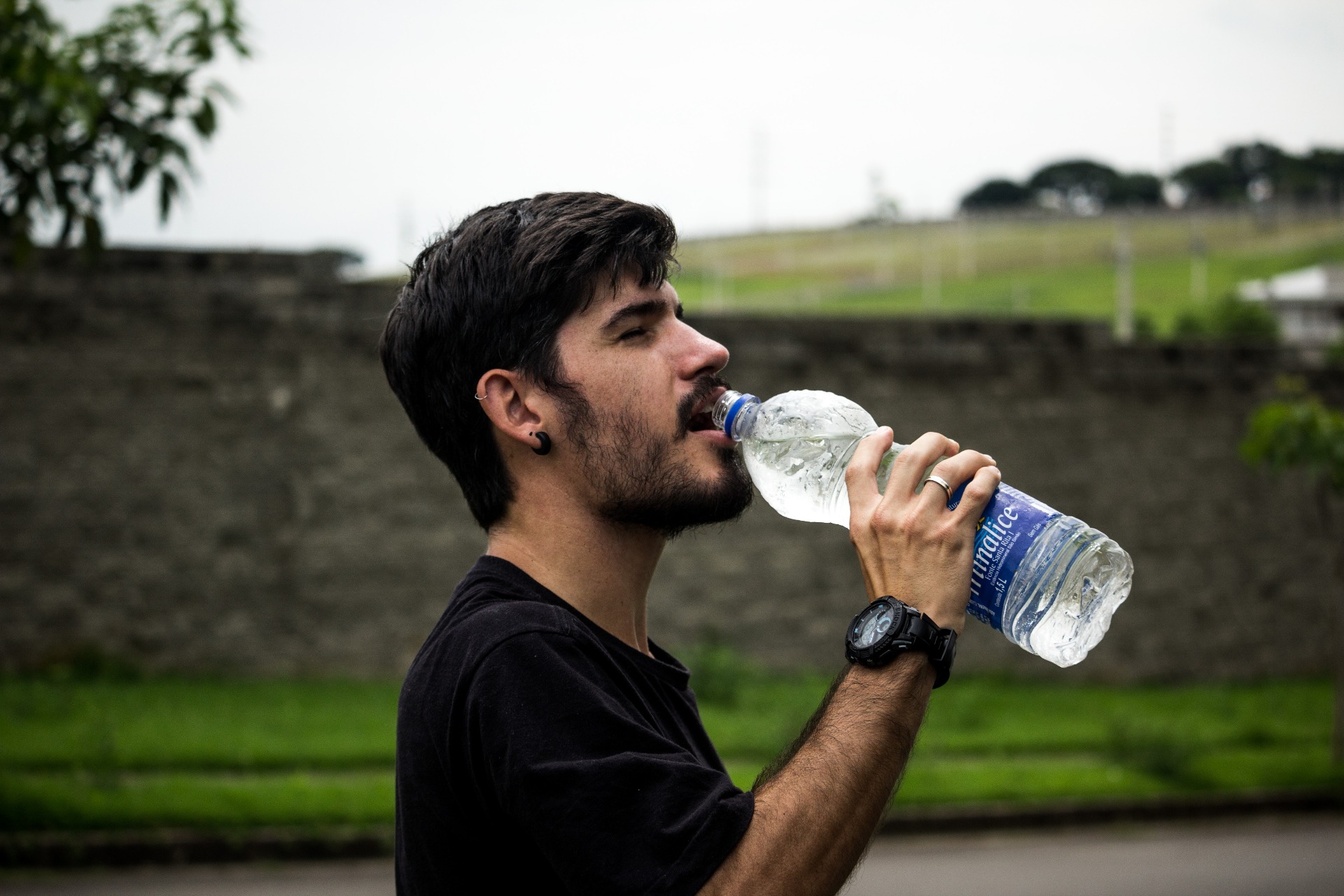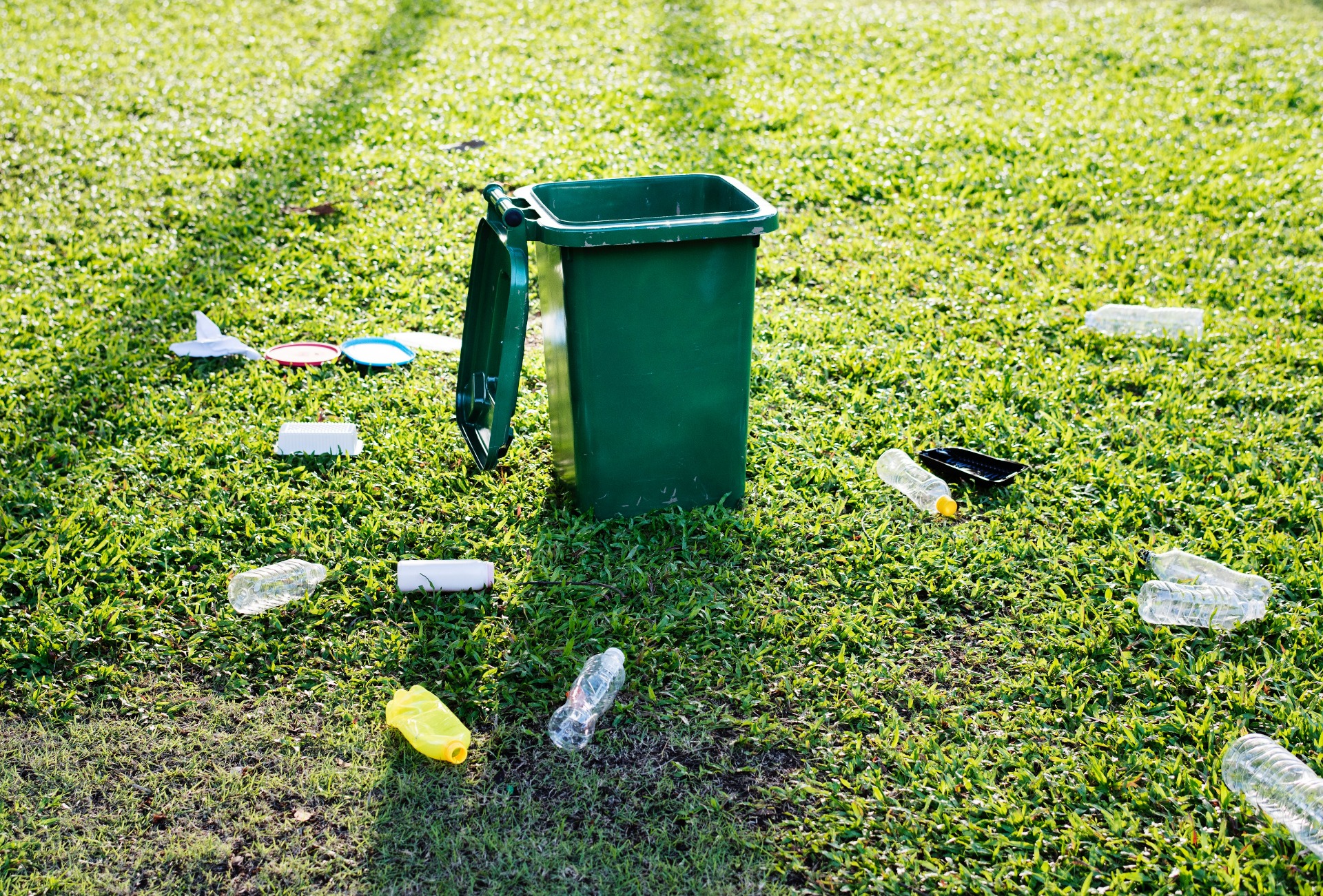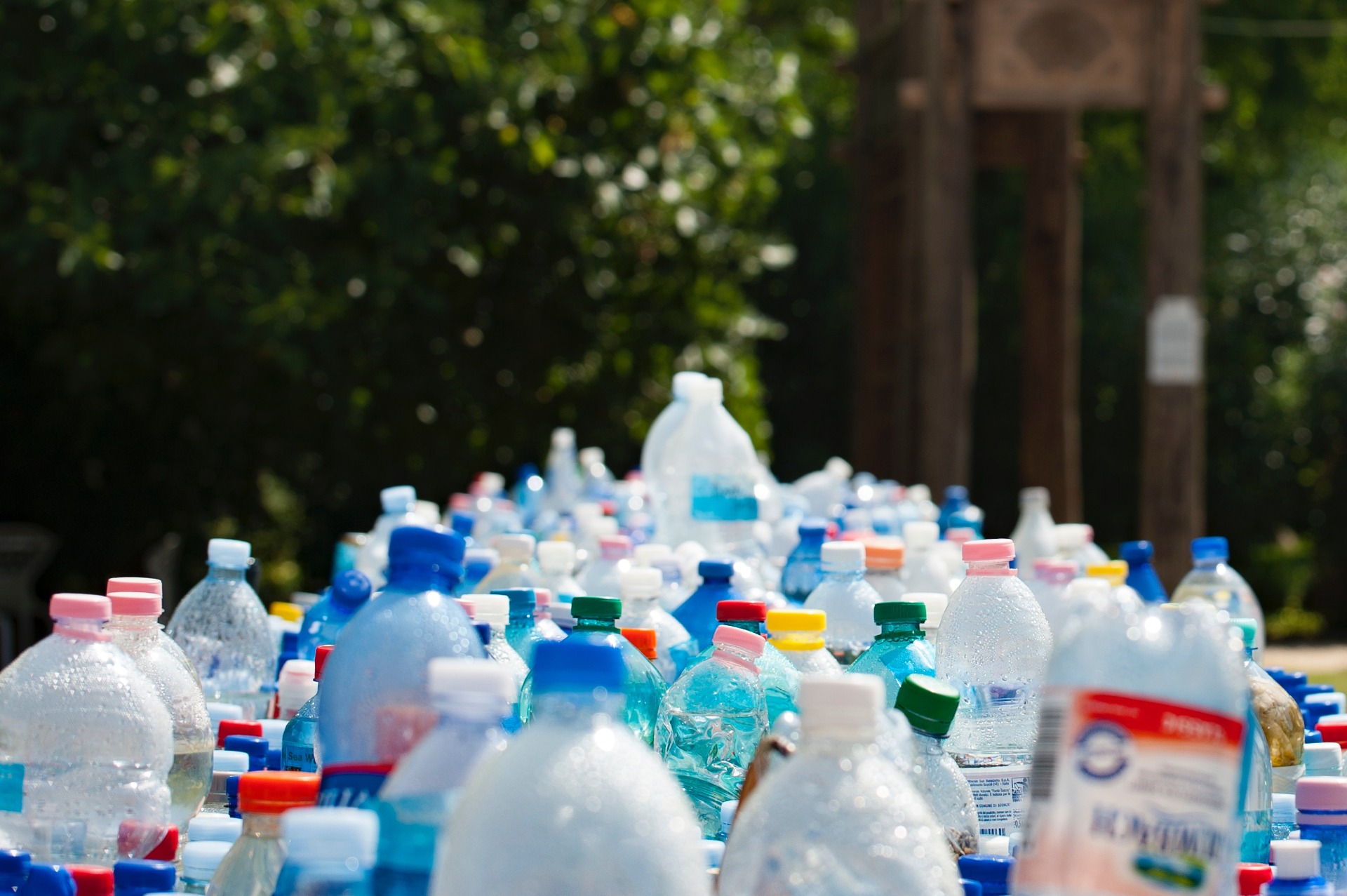Unsustainable
Bottled water costs about 2000 times more than tap water. Can you imagine paying 2000 times the price of anything else? How about a $10,000 sandwich?
Most individuals don't recognize the mammoth, and arguably needless, investment that is placed when purchasing bottled water. In the video, "The Story of Bottled Water," Annie Leonard argues that commercially bottled water is not a sustainable practice, enquiring the viewer about whether they would buy a $10,000 sandwich, and thus concluding that it is not profitable to the consumer. In the article, "Bottled Up", Adam Smith argues that it is challenging for companies who sell sustainable bottled water to make a profit because of the difficulty in gaining both costumers and investors and the inability in pleasing both. In another article, "Town says no to wages for water", Rick Anderson supports the view that sustainability is important to the masses when arguing that the expansion of the bottled water company, Nestle, will meet legal interferences due to their unsustainable production of bottled water. All these views beg the question regarding people, planet, and profit: is commercially bottled water a sustainable practice?

In determining whether bottled water in commercial industries practice sustainability, the most important question to answer is whether the consumer is fully satisfied with the product. Taking the profit and environment out of the question, are the people content with the product they're receiving?
While the consumption of bottled water happens at the rate of "half a billion bottles of water every week," which may paint a picture of satisfied consumers coming back for more, a multitude of real world cases argue otherwise (Leonard). Across the country, taste tests conclude that "people consistently choose tap over bottled water" (Leonard). In a more specific context, multiple tests were conducted between Fiji bottled water and Cleveland tap water, showing that "a glass of Fiji water is lower quality," and discovering that "it [lost] taste tests against Cleveland tap" (Leonard).
Sustainability requires the consumers to be satisfied with the product, which is not illustrated by the plethora of tests conducted in comparing how satisfied people are with the taste of bottled versus tap water. Not only is it immoral to falsely advertise that bottled water is of higher quality when in reality, it fails to prove that, but it's hypocritical to label tap water as a lower caliber water when bottled water is, in many scenarios, worse.
Additionally, commercially bottled water isn't tailored to please the most amount of consumers. Belu, a British bottled water company, may be the only exception, where profits "are poured into projects that deliver clean water to parts of the world that lack access to it" (Smith). Nevertheless, it is recognized that Belu is ambitious in their attempt to survive "in a ferociously competitive sector" where "rivals include Coca-Cola and Nestle" who's aim may include "lining investor's pockets" (Smith). Despite Belu attempting to not only provide sustainable bottled water to their consumers but to people around the world who may lack clean water, the goals for most commercial industries selling bottled water is to make a profit or investment first and think about the consumer later.
This defeats the whole purpose of building credibility between the producer and consumer, allowing for the producer to swindle the consumer into purchasing something that they would not normally want or need. People want a higher quality product, and it is misleading for a company to state that they provide that in order to gain profit. These companies that falsely advertise don't step up to the expectations they laid out for themselves while promoting their product to the consumer. When people are aware of such tactics, measures are usually taken.
For example, Hood River County voters approved the ballot measure Oregon Measure 14-55, limiting "any bottler to a daily production of 1,000 gallons", in response to Nestle's aim to bottle 140 million gallons annually from the Oxbow Springs in Oregon (Anderson). Aurora del Val, leader of this victorious ballot campaign for the Local Water Alliance, commented that "other communities around the nation, who are also under the threat of losing water rights, have already been contacting [them]" (qtd. in Anderson). If commercially bottled water was truly a sustainable practice, there would be no need for citizens to take political and legal action against the production of bottled water. However, such a need did arise, and citizens around the nation chose to exercise their legal rights to protect their water rights. Industries that drive their consumers to take legal action against them do not keep the people in mind when manufacturing their product. Thus, consumers of commercially bottled water are not satisfied with the product they are receiving and are acting against it.

For commercially bottled water to
be deemed sustainable, the production of it needs to take into account
environmental preservation. Does the manufacturing of bottled water keep the
planet in mind?
U.S. production of commercially bottled water includes the process of "extraction and production where oil is used to make water bottles," using "enough oil and energy to fuel a million cars" (Leonard). Not only is the production of commercially bottled water harmful, but "eighty percent end up in landfills...or incinerators...the rest gets collected for recycling" (Leonard).
Commercially bottled water is unsustainable because it uses an unnecessary amount of oil and energy which can be reallocated in other social projects for the environment, or simply be replaced by better and more environmentally friendly options. This possibility exists, and Belu is one of these companies that takes every opportunity to make sure the production of their bottled water "is aimed at helping the environment" which can be seen by the fact that their bottled water is "made from corn [and] can be composted into soil" (Smith).
Disregarding Belu, a majority of commercially bottled water does not reflect any concern for the environment or betterment of the planet. Yet these companies choose to advertise in a way that seems to suggest so.
Have you ever noticed how bottled water tries to seduce...with pictures of mountains streams and pristine nature? ... If bottled water companies want to use mountains on their labels, it'd be more accurate to show one of those mountains of plastic waste (Leonard)
It is unethical to misleadingly promote a product for accomplishing something that never had been or will be accomplished. Commercially bottled water had never been beneficial for the environment and will continue to be non-beneficial as long as the production takes away from the environment and pours toxins and pollutants back into it. Accordingly, commercially bottled water generally doesn't consider the environmental well-being of the planet, with the exception being Belu, which is taking significant and substantial measures to aid in the movement of providing environmental friendly products.

A final consideration when defining sustainability is if the production of commercially bottled water is lucrative to the company selling. Does the process of producing and selling bottled water make a profit?
When observing the company Nestle, which proposed a $50 million bottling works in the town of Cascade Locks in Oregon, it was noted that the town's economy would benefit by an "expanded local taxing source and the 50 jobs it was supposed to bring" (Anderson). It was revealed that Nestle, as "a corporate giant" had an annual revenue of $10 billion, and they had given $105,000 to a political action committee to oppose Oregon Measure 14-55 (Anderson). In this final aspect of sustainability, there is a clear and major profit being made in companies that sell commercially bottled water.
Commercially bottled water industries can grow at a fast pace while being unsustainable environmentally and to the community. It is cheaper to sell products that come from resources easily extractable from the environment, and it is easier to make profit by falsely advertising to the people about what they want to hear, not the truth of the production and distribution of the products that they're purchasing.
Despite the way that these industries treat people and the planet, they are sustainable regarding the profit being made. When taking a look at the generally sustainable company of Belu, whose "profits...are poured into projects that deliver clean water to parts of the world that lack access to it", it is a difficulty to gain potential investors since "pesky things like risk and reward...still matter most" (Smith). Belu CEO Reed Paget stated that he's "struggled to get funding, as Belu is aimed at helping the environment...that's put a lot of strain on the company" (qtd. in Smith). In this case, Belu, a company that is both sustainable towards the environment and the community, is not making a profit for itself. In fact, in striving to be sustainable towards the people, any profit made doesn't go back into the company, but rather into charity.
Only in this degree are generally unsustainable companies being sustainable regarding profits, while generally sustainable companies are not. It is unfortunate that capitalism works in this way, where it's easier for more unethical companies to gather a profit than ethical companies. This raises the question:
who would demand a less sustainable, less tasty, way more expensive product, especially one you can get almost free in your kitchen? (Anderson)
In conclusion, commercially bottled water is not a sustainable practice. While major corporations that sell bottled water in a generally unsustainable way towards the people and planet may be sustainable in creating profit, the companies that sell bottled water in a sustainable way for the people and the planet may be unsustainable in making a profit. Although Belu seems like a sustainable company, it can't be labeled as such because of the lack of profit. In the same way, companies like Nestle cannot be considered a sustainable company because of their lack of consideration for their consumers and environment, despite major profit being made. It is clear that consumers are not satisfied with commercially bottled water and are taking action against it.
A major part of the industry of commercially bottled water also doesn't take into account the environmental effects that manufacturing bottles may create, and even when companies do consider more sustainable practices, it is a challenge to make a profit.
In the future, commercially bottled water will most likely continue to be an unsustainable practice for two reasons: (1) it is cheaper for the company to continue unsustainable practices and mislead a majority of consumers, and (2) while consumers are calling for some change locally, as seen in Oregon, there is no legal measures taken on a larger scale to completely change the way businesses of commercially bottled water can change their practices.
Additionally, there is a limit in the U.S. to government interference in businesses. Thus, commercially bottled water is not a sustainable practice, and will continue to be so.
Works Cited:
- Anderson, Rick.
"Town Says No to Wages for water; Cascade Locks, Ore., needs jobs and money,
but voters aren't ready to welcome a Nestle bottling operation." Los Angeles
Times, 19 May 2016,
https://www.latimes.com/nation/la-na-0520-cascade-locks-water20160520-20160513-snap-story.html
- Leonard, Annie. "The Story of Bottled Water." The Story of Stuff Project, 23 Feb. 2017, storyofstuff.org/movies/story-of-bottled-water/.
- Smith, Adam.
"Bottled Up" Time Magazine Online, TIME, 7 Aug.
2009, https://business.time.com/2009/08/07/bottled-up/.

